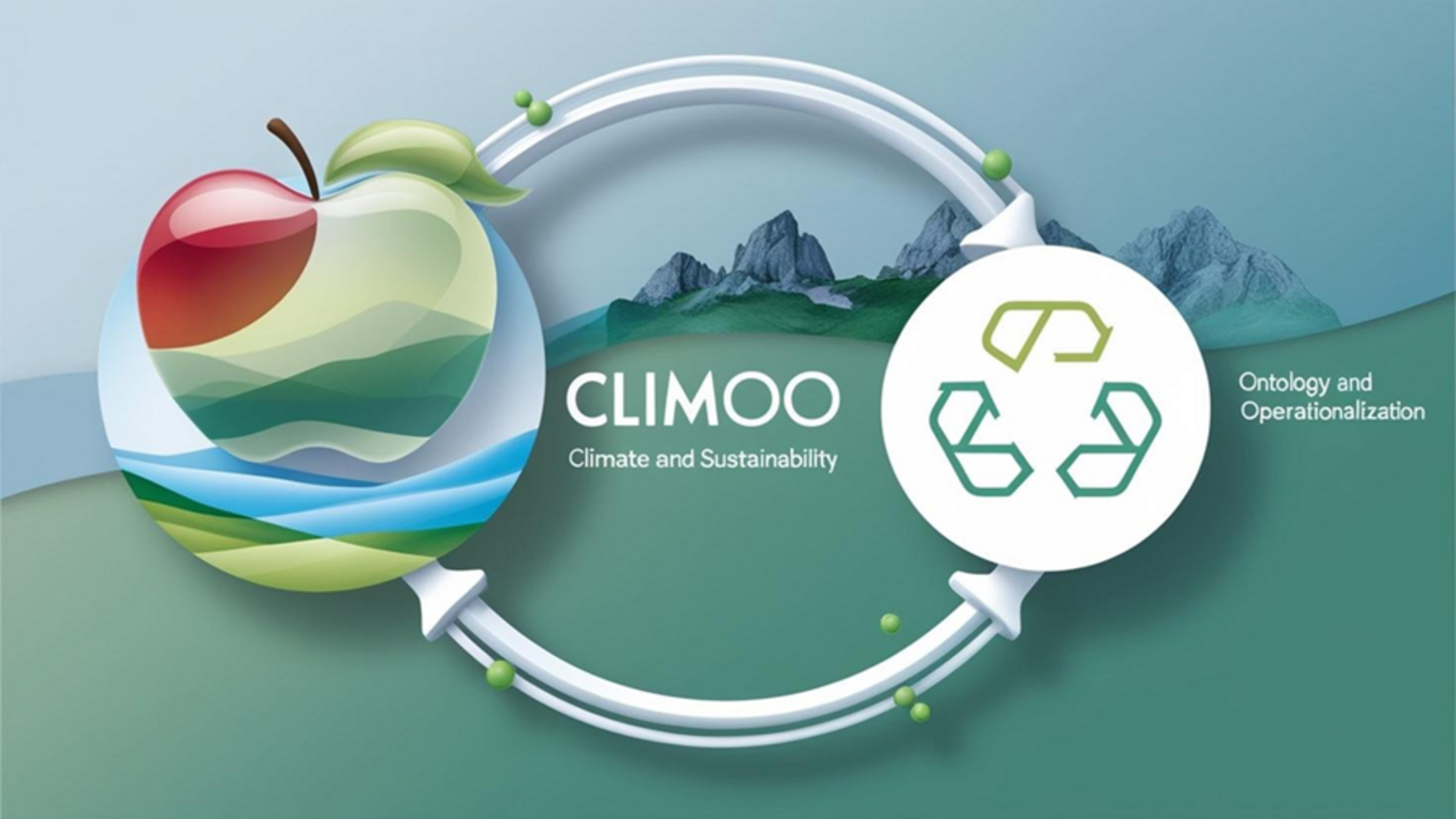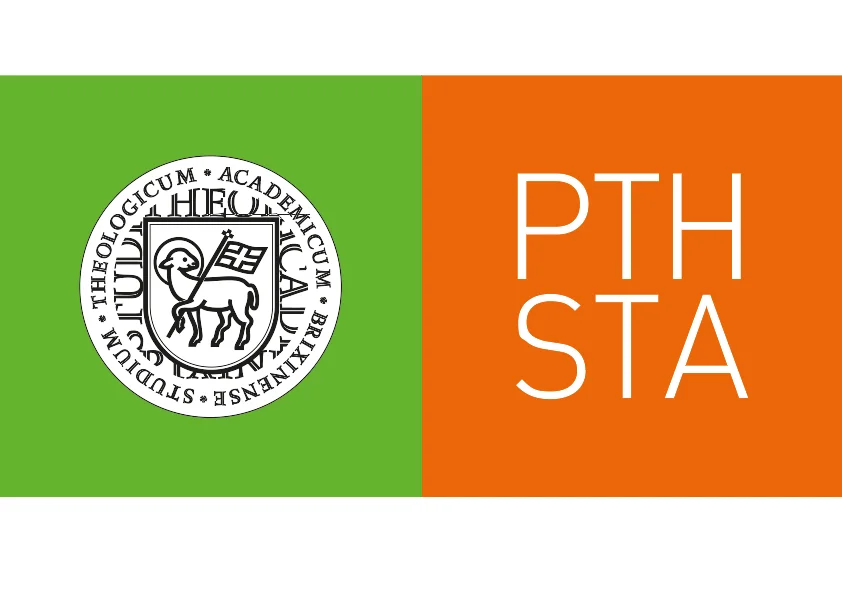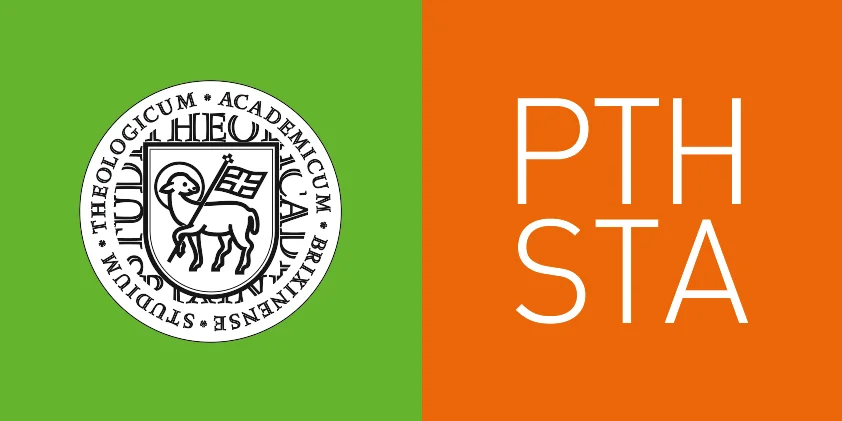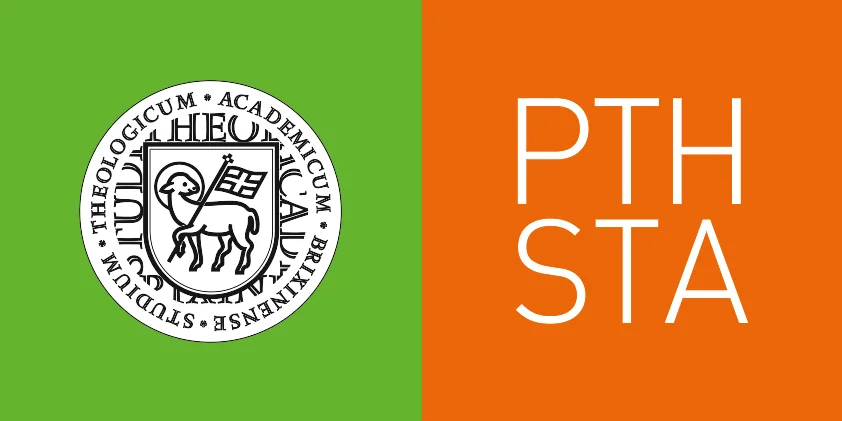Dr. Agnese Aguzzoni researcher at Eco Research, with a bachelor's degree in chemical technologies for the Environment and Waste Management from the University of Bologna in 2010, a master's degree in industrial chemistry from the University of Parma in 2012, and a PhD in Mountain Environment and Agriculture from the University of Bolzano in 2019. Since 2015, she has been working on the study of chemical tracers for food and environmental research (Capacity Building (2014–2021), Environmental Technologies). Her expertise encompasses experimental design, analytical planning and coordination, mass spectrometry analysis, chemical marker measurement, and data evaluation. She also contributes to scientific outputs, including research papers and conference presentations.
Helga Bonacquisti is responsible for project management and accounting of research projects at Eco Research since 2023. She holds a degree in Environmental Sciences from the University of Bologna. After working in the environmental remediation sector, she transitioned to consulting, specialising in the identification of funding opportunities—at provincial, national, and European levels—for businesses and public institutions.
Davide Don since March 2021 he is a Senior Scientific Researcher at FHI, part of the Bioeconomy and Sustainability Team (BES), where he manages both EU-funded and industry-collaborative R&D projects, focusing on industrial sustainability and circular economy, effectively supporting businesses in navigating the digital and sustainable transition. Davide holds a post-graduate Master in Strategic Environmental Management from the University of Padova (2022-2023), where he focused on product carbon footprints and obtained ISO 14001 and 50001 certifications. His academic background also includes a Master’s and Bachelor’s degree in Environmental Engineering from the same institution, with an emphasis on sustainability, circular economy, and wastewater treatment. Davide is proficient in using OpenLCA and SimaPro, specialized software tools for conducting detailed Life Cycle Assessment (LCA) studies and he has led a feasibility study on developing a real-time tracking system to measure the carbon footprint of companies in the South Tyrolean automotive sector and conducted an intensive training program for companies on the fundamentals of Carbon Footprint and Life Cycle Assessment (LCA).
Massimo Donegà is a researcher at Eco Research. He holds a diploma in Industrial Chemistry and Chemical Plants from the Buonarroti Technical Institute in Trento. Since 2004, he has been working at ER as coordinator of the industrial gas emissions control department, ensuring emissions limits compliance, adherence to current legislation. Since 2023, he has been working on the recognition and quantification of micro- and nanoplastics in environmental matrices, developing a method in TD-GC-MS for their quantification in municipal wastewater, aqueous matrices, sediment and insect larvae. Since 2024 he also works on the EFRE1018 PlasticFree project.
Dr. Francesco Iannone is a researcher at Eco Research, with a degree in Chemistry from the University of Bari, a master’s degree in Organic Chemistry from the University of Bari and a PhD in Chemical Sciences from the University of Bari. Since 2015 he acquired experience includes experimental design, planning and coordination of analytical activities, including Raman spectroscopy analysis, data evaluation and processing, and contributing to scientific outputs such as articles and conference presentations. At ER, he has been working on the Project EFRE1018 PlasticFree.
Prof. Dr. Ludger Jansen holds the Cusanus Chair of Philosophy at the PTH Brixen College since 2022. In addition, he is supernumerary professor at the University of Rostock, where he is the principal investigator of a DFG-funded project on the philosophy of biomimetics. His research focus is on the intersections of metaphysics and the philosophy of science. He is an internationally recognized researcher in applied ontology with a special focus on biological and biomedical ontologies. His current project on the epistemology and ontology of biomimetics already explores the middle ground between science and technology that will be relevant for ClimOO. He is the author of more than 200 research publications, and editor of thirteen collected volumes, proceedings, or journal issues. He has conducted several DFG-funded research projects at the crossroad of metaphysics and the philosophy of science, e.g., on the advantages of ontologically structured biomedical databases and on the relevance of Aristotle’s formal cause for contemporary accounts of explanations.
Dr. Jasmina Jusic is a scientific collaborator and researcher at Fraunhofer Italia Research. She holds a PhD in Sciences, Technologies and Biotechnologies for Sustainability from the University of Tuscia, as well as a Master's degree in Forestry and Environmental Sciences. Her research expertise includes sustainable biomass waste management, wood preservation, wood technology and chemistry, and industrial biotechnology. At Fraunhofer Italia, she leads projects that support companies in developing strategies to reuse process by-products and waste, with the aim of creating innovative products and circular economy business models.
Dr. Sarah Notarfrancesco, is a Senior Scientific Researcher at Fraunhofer Italia (FHI), having earned her PhD in 2022 from the Department of Civil, Chemical, Environmental, and Materials Engineering at the University of Bologna. At FHI, she manages co-founded and industrial projects aimed at integrating digital transformation and sustainability across various sectors. She is actively involved in project management at both local and European levels. Her work focuses on addressing the challenges of the bioeconomy, promoting the sustainable use of renewable biological materials to produce goods, energy, and services. Sarah plays a key role in projects that incorporate advanced digital technologies, such as Artificial Intelligence and the Internet of Things (IoT), to optimize resource efficiency and drive the circular economy. At FHI, Sarah is contributing to the development of innovative solutions aligned with these sustainability principles, accelerating the transition toward more circular production models. With her expertise, she facilitates the implementation of strategies that reduce environmental impact and create added value for companies and local communities.
Dipl.-Ing. Anna Rottensteiner is a researcher at Laimburg Research Centre. She received a bachelor's degree in agricultural sciences in 2015 and a master's degree in plant sciences in 2018 from the University of Natural Resources and Life Sciences, Vienna. Since 2019, she has been working at LRC where she gained broad expertise in South Tyrolean agriculture through her involvement in various working groups (entomology, grassland management). Since August 2023, she has been part of the newly established working group Sustainable Cultivation Systems, taking on the role of lead in June 2024. The group aims to pursue innovative and feasible strategies that support efficient and resource-conserving agriculture, in a close collaboration between research, stakeholders and farmers. Drawing from her own experience in fruit and viticulture, she has a thorough understanding of local agricultural practices has a strong network of contacts with stakeholders and farmers.
Dr. Werner Tirler is the Director of Eco Research. His main research topics are related to pollution reduction, in particular emerging pollutants, like: Persistent Organic Pollutants, Aerosols of micro- and nanoparticles, micro- and nanoplastics, in various matrices. He is an editorial board member of Chemosphere, a reviewer for Chemosphere, STOTEN, Measurement, ABC and Energies. Hi is a member of the Technical Standardization Committees: CEN/TC 264/WG 1 "Emissions – Dioxins and PCB", CEN/TC 264/WG 45 "Emissions – Proficiency testing schemes", and ISO/TC 146/SC 6/WG 21 "Strategies for the measurement of airborne particles". He will be chair of Dioxin2026 Conference in Riva del Garda. He is the project leader of EFRE1018 PlasticFree, a project financed through the European Regional Development Fund (ERDF 2021-2027).
Dr. Giorgio A. Ubbiali is a researcher at the PTH Brixen College. He holds a Bachelor’s degree in Biological Sciences from the University of Milan-Bicocca, a double Master’s degree in Biology and Genetics from the University of Milan-Bicocca and the University of Paris-Cité (Magistère Européen de Génétique), a II-level Master’s degree in Sustainability from the University of Milan-Bicocca, and a Ph.D. in Philosophy from the University of Milan in partnership with the International Center for Food Ontology Operability Data and Semantics (IC-FOODS). Since 2022, his research has centered on ontology and information systems for sustainability with a primary focus on the complexity of socio-ecological systems, such as food systems. He has been contributing to establishing transdisciplinary strategies to converge ontology efforts and communities for sustainability. Current main areas of investigation include plastic pollution, climate change, and system resilience.





